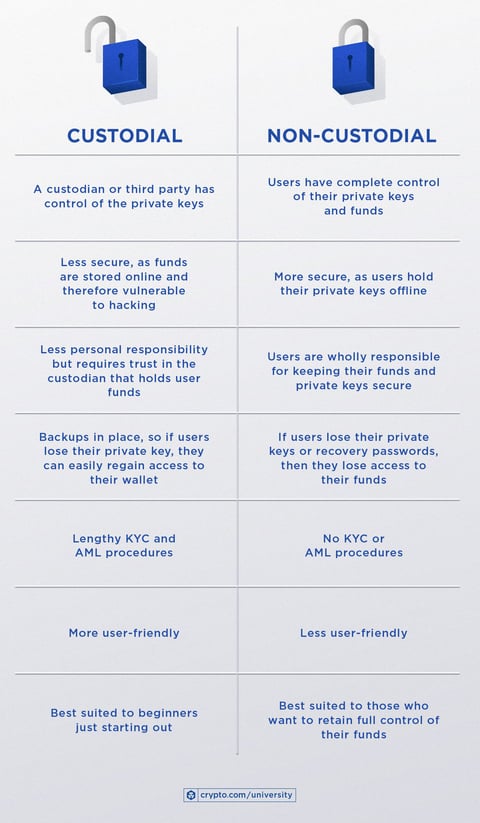What Is a Crypto Wallet?


What Is a Crypto Wallet?
Cryptocurrency wallets store users’ public and private keys while providing an easy-to-use interface to manage crypto balances. They also support cryptocurrency transfers through the blockchain. Some wallets even allow users to perform certain actions with their crypto assets, such as buying and selling or interacting with decentralised applications (dapps).
It is important to remember that cryptocurrency transactions do not represent a ‘sending’ of crypto tokens from a person’s mobile phone to someone else’s mobile phone. When sending tokens, a user’s private key signs the transaction and broadcasts it to the blockchain network. The network then includes the transaction to reflect the updated balance in both the sender’s and recipient’s address.
So, the term ‘wallet’ is somewhat of a misnomer, as crypto wallets don’t actually store cryptocurrency in the same way physical wallets hold cash. Instead, they read the public ledger to show the balances in a user’s addresses, as well as hold the private keys that enable the user to make transactions.
Public and Private Key
A key is a long string of random, unpredictable characters. While a public key is like a bank account number and can be shared widely, the private key is like a bank account password or PIN and should be kept secret. In public key cryptography, every public key is paired with one corresponding private key. Together, they are used to encrypt and decrypt data.
Why a Crypto Wallet Is Needed for Storing Crypto Assets
A user’s cryptocurrency is only as safe as the method they use to store it. While crypto can technically be stored directly on an exchange, it is not advisable to do so unless in small amounts or with the intention of trading frequently.
For larger amounts, it’s recommended that a user withdraws the majority to a crypto wallet, whether that be a hot wallet or a cold one. This way, they retain ownership of their private keys and have full power and control over their own finances.
How Do Cryptocurrency Wallets Work?
As mentioned earlier, a crypto wallet doesn’t technically hold a user’s coins. Instead, it holds the key to their coins, which are stored on public blockchain networks.
In order to perform various transactions, a user needs to verify their wallet address via a private key that comes in a set of specific codes. The speed and security often depend on the kind of wallet a user has.
Different Types of Crypto Wallets
There are two main types of cryptocurrency wallets: software-based hot wallets and physical cold wallets. Read on to learn about the different types of crypto wallets, and which may be a best fit.


